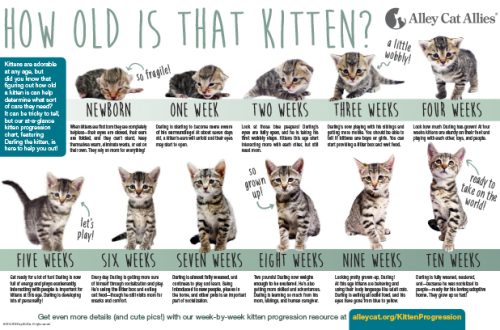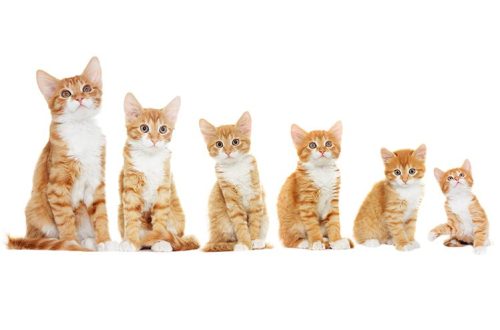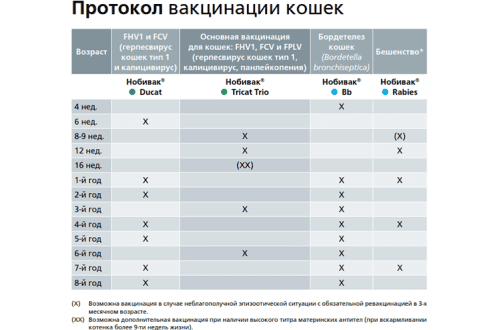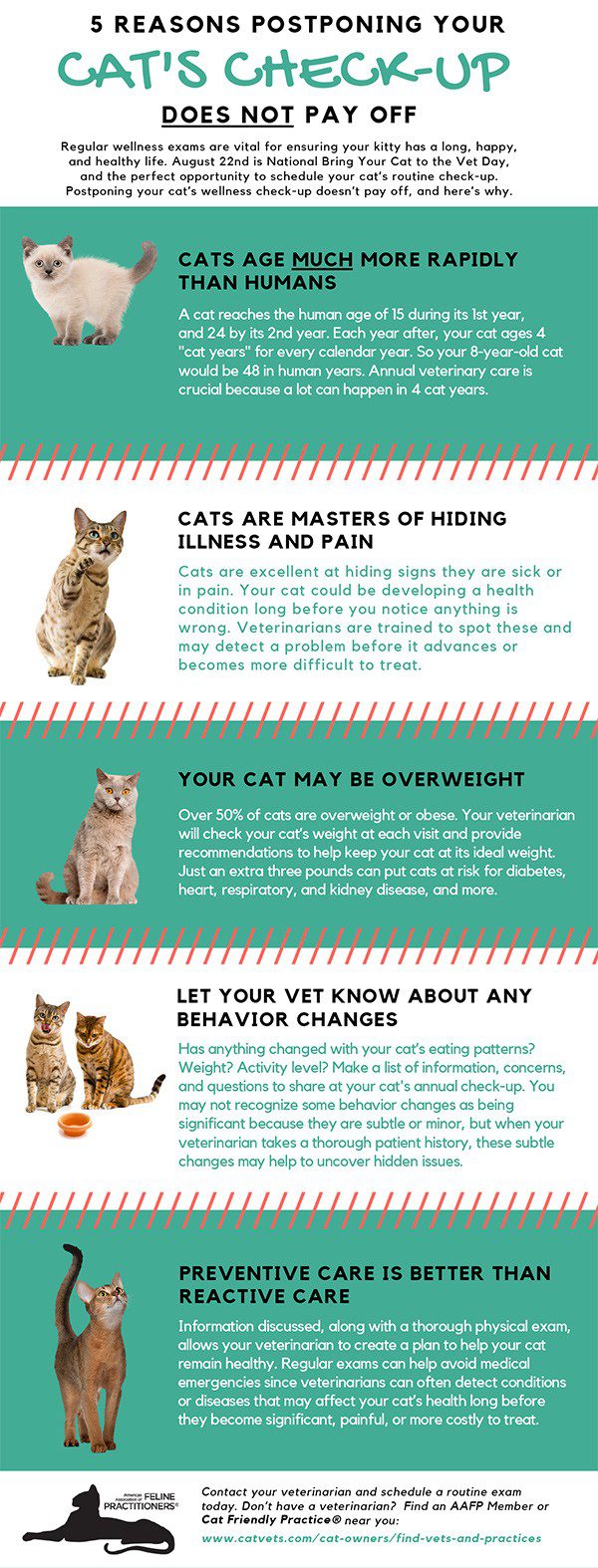
Veterinary procedures for kittens
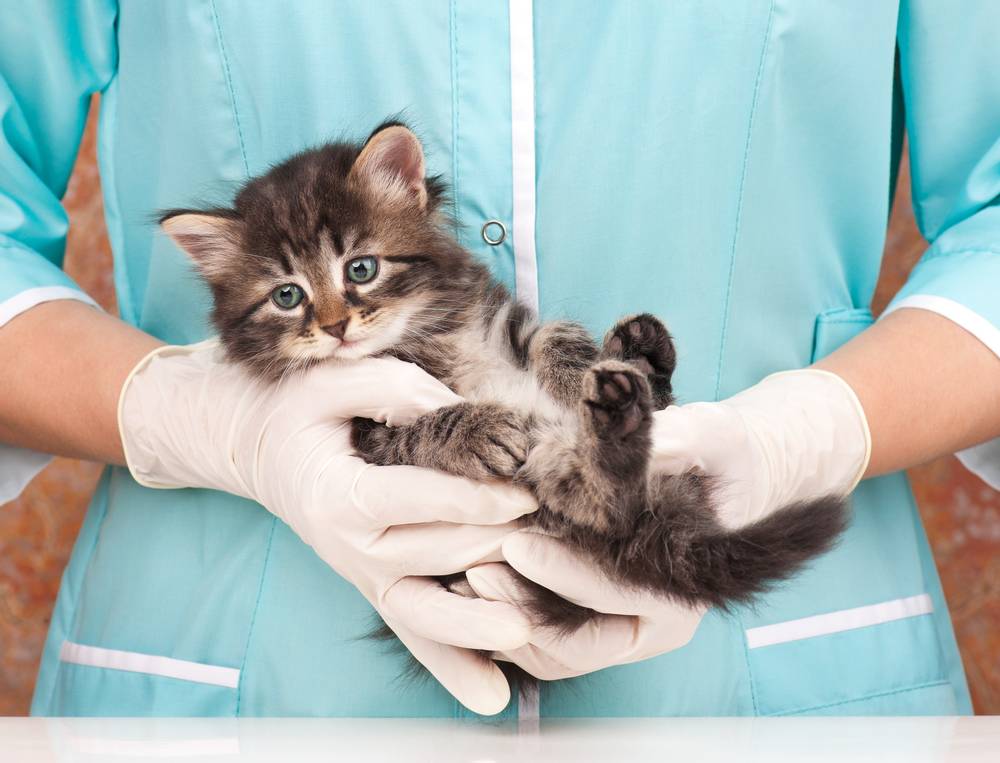
Preparation for vaccination
Vaccination should be preceded by treatment of the pet with anthelmintic drugs. Specific means and dosage are prescribed by a veterinarian.
This procedure is necessary in order to exclude the presence of worms in the body of the animal. The presence of parasites can lead to undesirable consequences of vaccination, making it ineffective and even harmful.
Deadlines and appointments
The first vaccinations for kittens begin at the age of two months. The drugs are produced in the form of complex vaccines containing 3-4 components each, this allows several injections to be replaced by one. Revaccination is carried out after three weeks.
As a rule, breeders carry out these procedures before transferring a kitten to new owners. If, for some reason, vaccinations have not been made, then you need to do them as soon as possible.
At the age of six months, the kitten should receive a rabies vaccine, and 30 days later it is vaccinated against trichophytosis and microsporia. In the future, the vaccination procedure is carried out once a year.
Thanks to modern medicines, cats tolerate vaccinations easily and without complications. If the kitten is drowsy and somewhat weakened after the procedure, there is nothing to worry about: this is a common reaction to the vaccination, the very next day the animal’s condition will return to normal.
Reasons to postpone
Sometimes there is a situation when the vaccination needs to be postponed to a later date. This happens in the following cases:
antibiotic treatment was carried out – then the vaccination must be done 2 weeks after the completion of treatment;
the kitten underwent surgery – then the vaccination is done after 21 days;
the pet had contact with an unhealthy animal – before vaccinating, you should make sure that the cat is not infected.
After vaccination, the kitten should not be castrated for three weeks. Therefore, it is necessary to plan in advance all activities related to the pet. It is important to understand that without vaccination, the health and life of the animal are seriously threatened.
Even if the pet is domestic and does not go outside, there is a possibility of dangerous viruses and infections entering the house.
7 2017 June
Updated: 30 March 2022
Thanks, let’s be friends!
Subscribe to our Instagram
Thanks for the feedback!
Let’s be friends – download the Petstory app



